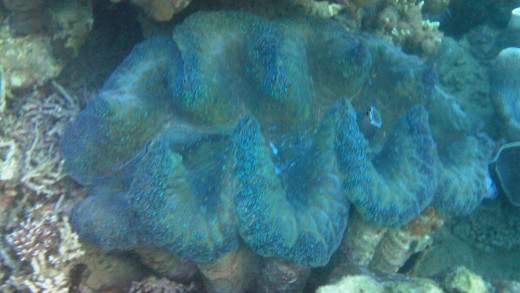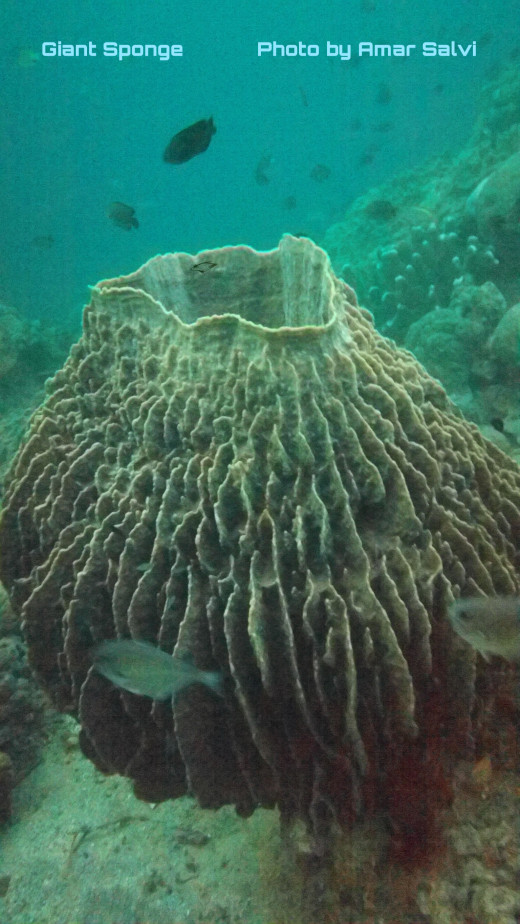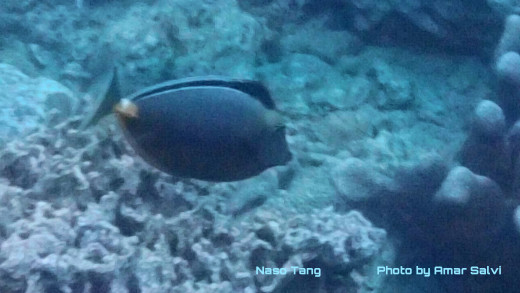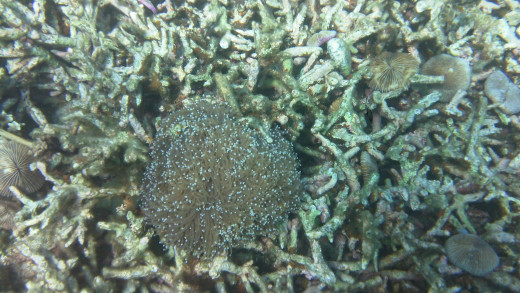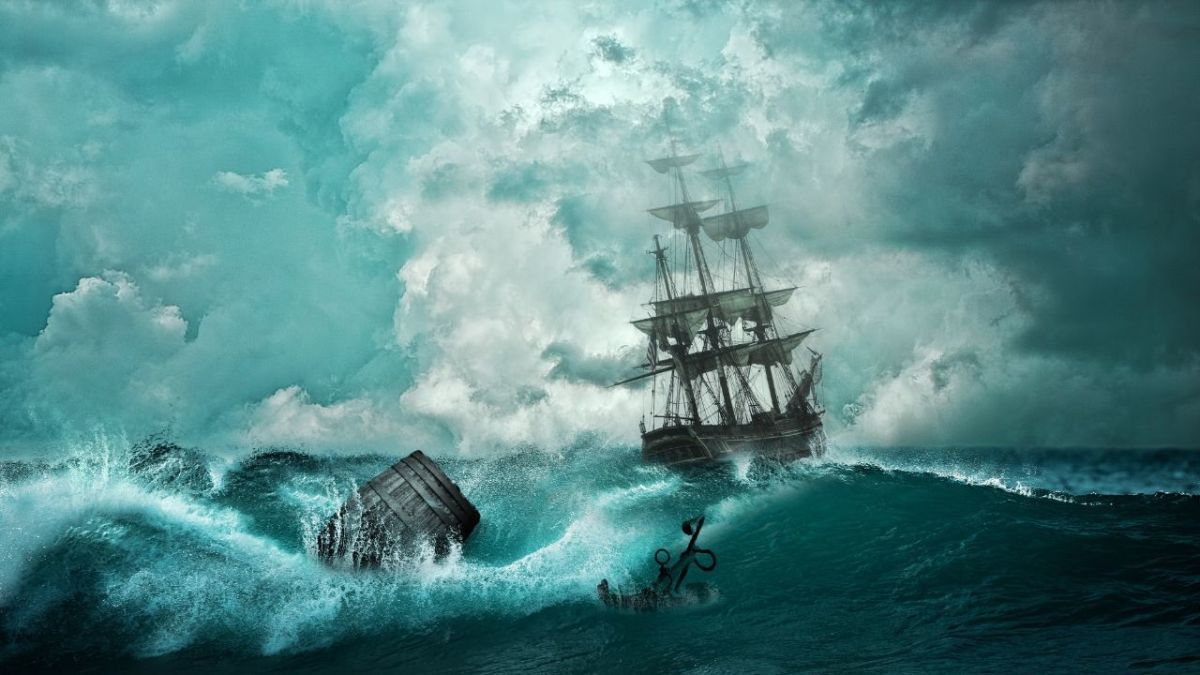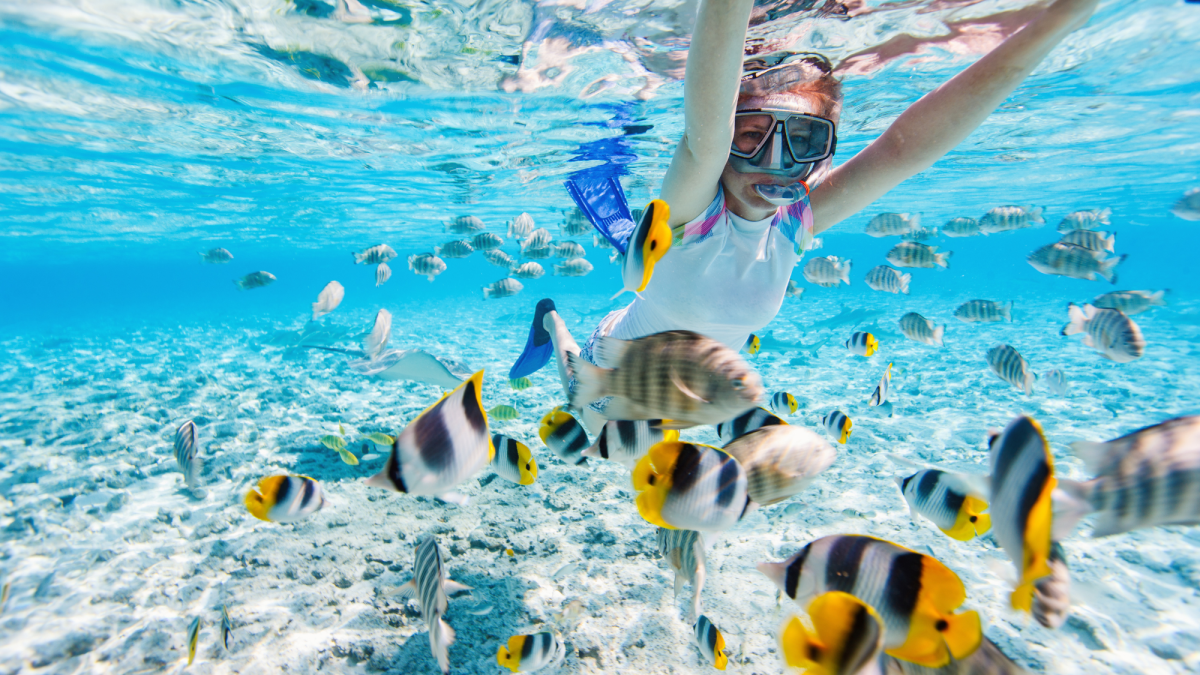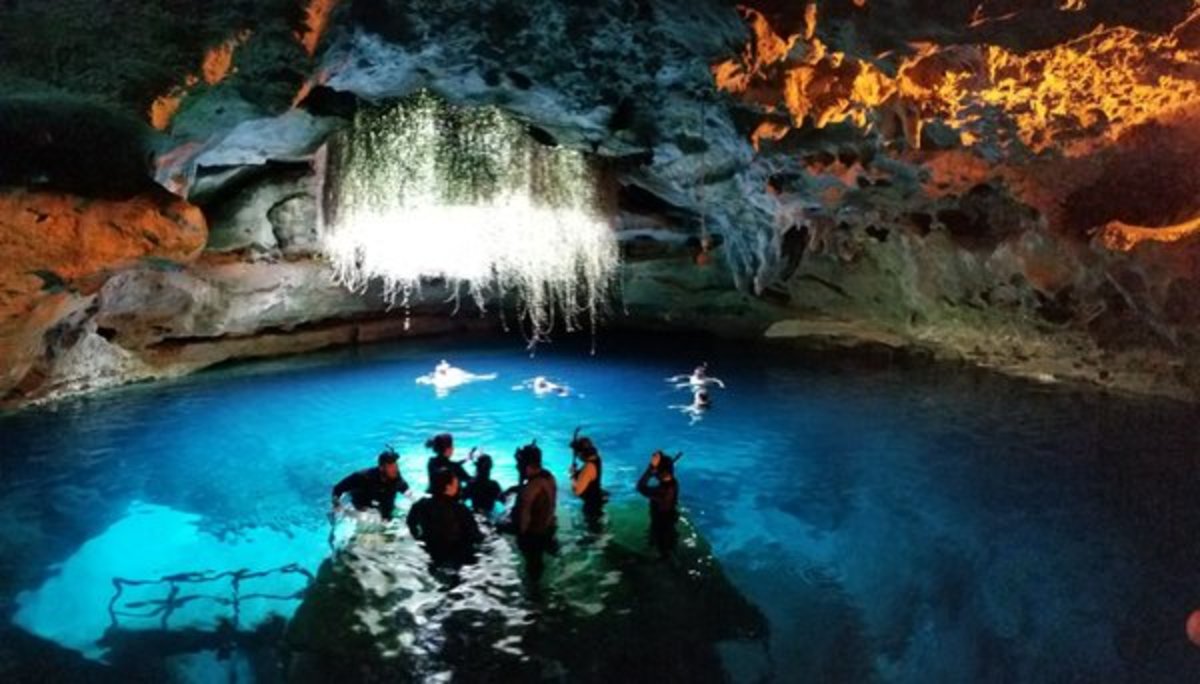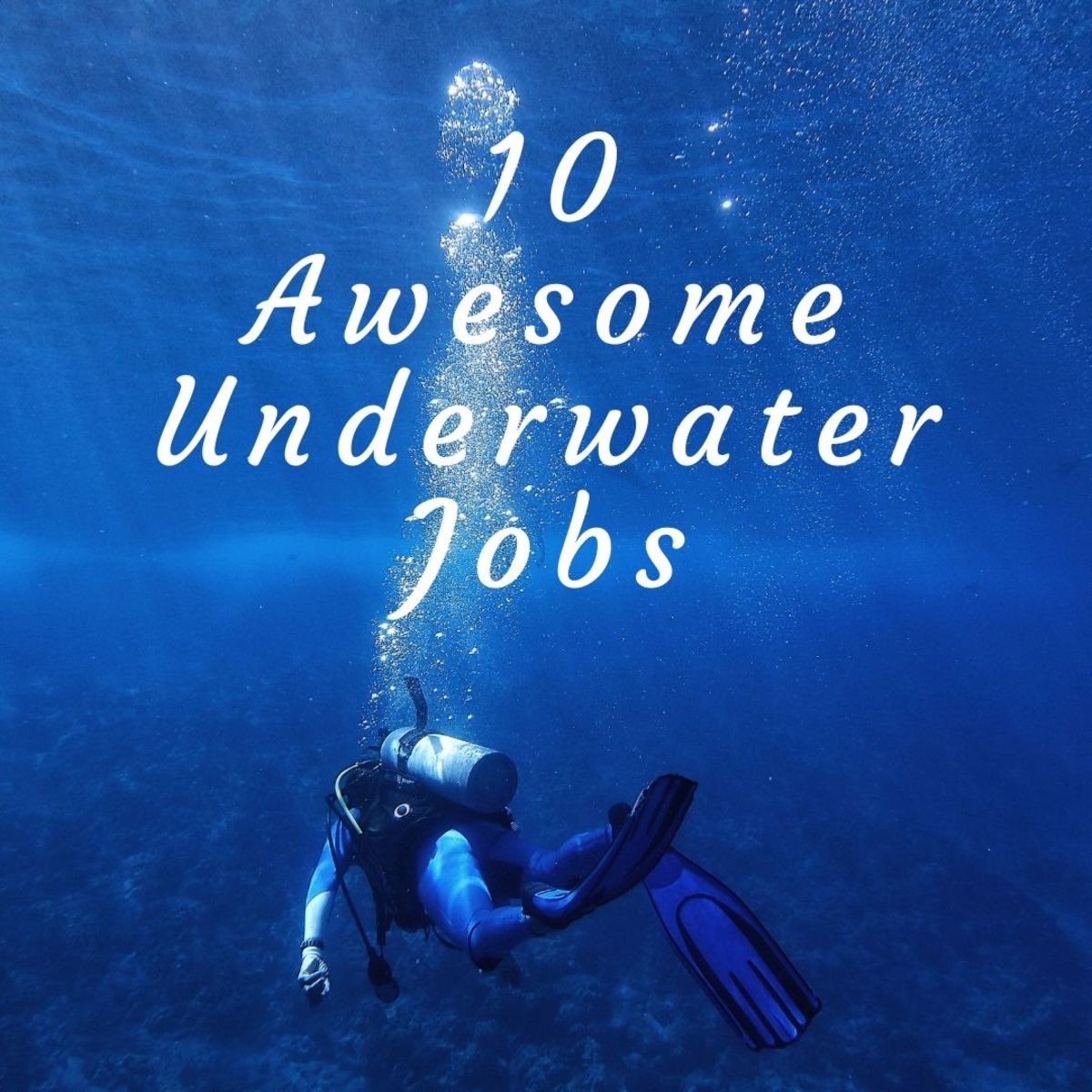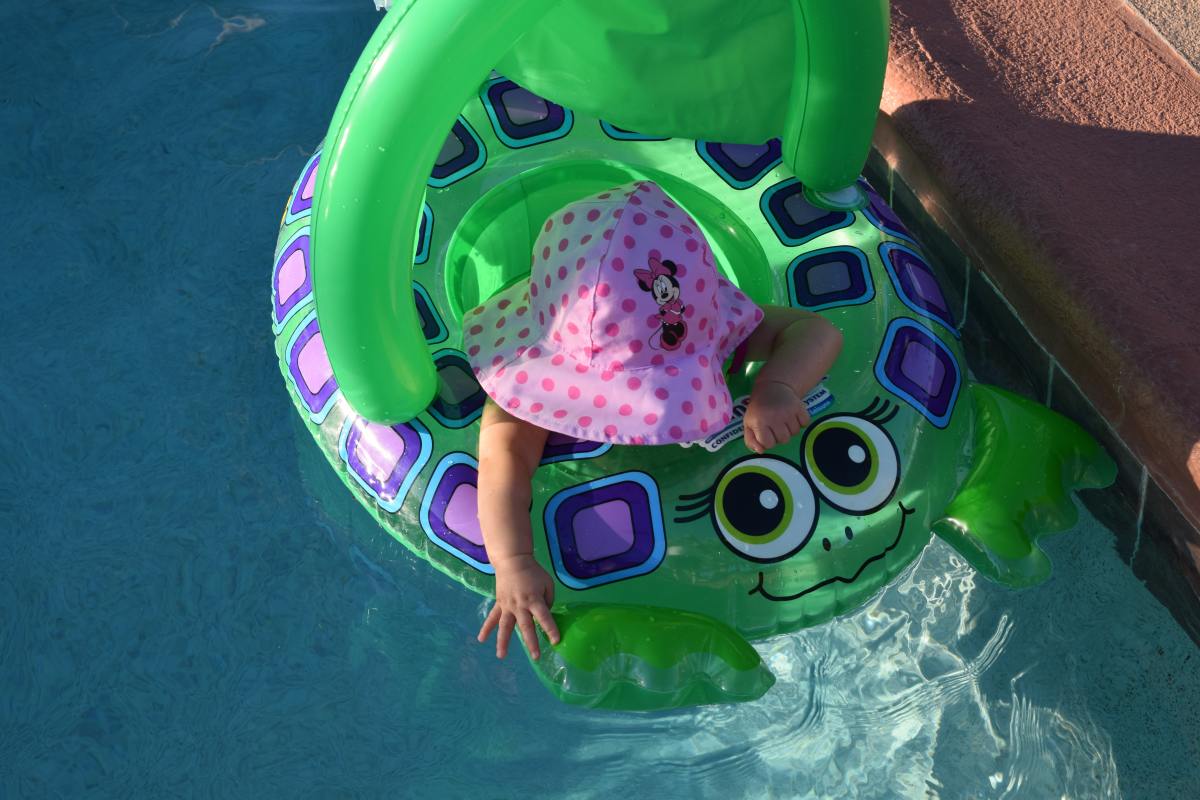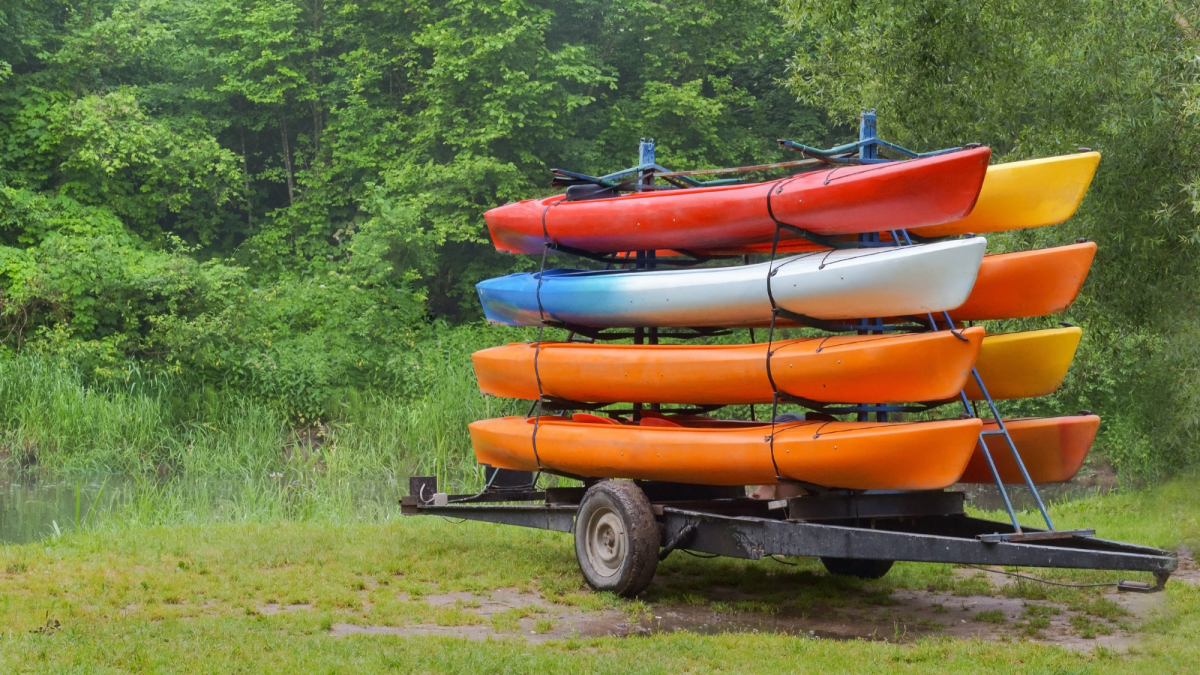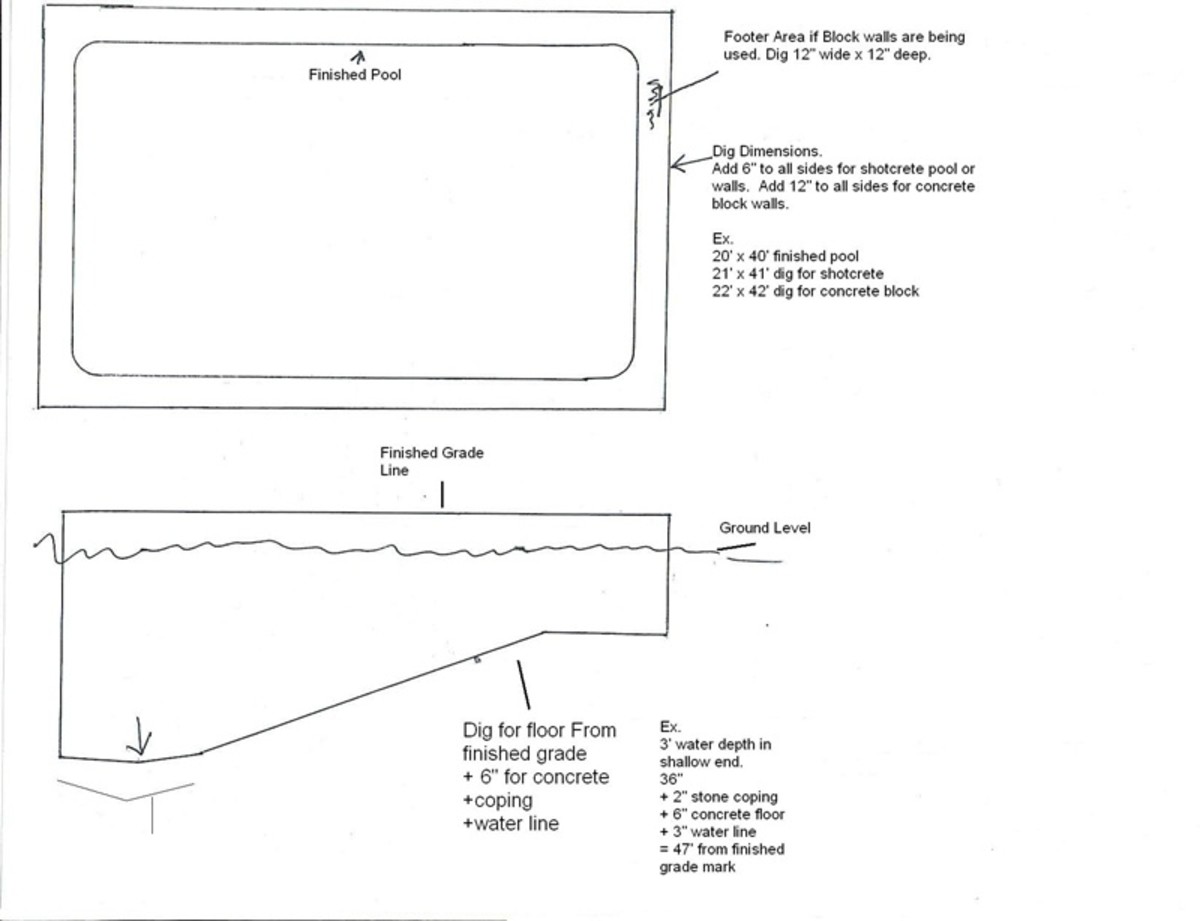- HubPages»
- Sports and Recreation»
- Individual Sports»
- Water Sports
Diving Debut: Unforgettable Moments of My First Scuba Experience

What this article is 'not'
Hey there, let's get one thing straight: This article won't bore you with scuba diving jargon and technicalities. I'm no expert.
I can't even swim well enough to save myself from a kiddie pool, so imagine my excitement when my dive buddy said, "Okay, buddy, you heard the Master Trainer, let's dive!"
Instead, I'm here to share my first-time scuba diving experience, and I've got some unedited videos and snapshots to make you feel like you're right there with me.
En route to Anilao...some of the world's best scuba diving destinations
Setting the Scene:
Back in December '12, I found myself in Manila for work with a free weekend in between.I'd always been fascinated by the idea of exploring underwater reefs, especially around Anilao, so I jumped at the chance. Anilao is just a 3-hour drive south of Manila, and the place to be was Planet Dive at San Theodore, Anilao (check them out at http://www.planetdive.com.ph/).
Anilao, nestled just a short drive south of Manila in the Philippines, is a scuba diver's paradise. Renowned for its vibrant coral reefs, diverse marine life, and crystal-clear waters, Anilao offers an exceptional underwater experience. Whether you're a beginner or an experienced diver, this destination caters to all levels of expertise. From breathtaking wall dives to captivating macro photography opportunities, Anilao's underwater world is a treasure trove waiting to be explored. With its warm waters and a variety of dive sites, Anilao promises an unforgettable adventure for anyone seeking to immerse themselves in the beauty of the deep blue.
Taking the Plunge:
- Our group consisted of five first-timers, and here's the kicker: only one of us knew how to swim!
- So, naturally, we asked our Master Trainer about the swimming thing. His response? "It helps, but not necessary." Phew, right?
- We were diving in shallow waters, no deeper than 25 feet, and always had a trained buddy diver with us. So, feeling somewhat secure, we listened up.
Easier said than done
Getting Geared Up:
Our Master Trainer gave us the lowdown on our gear: Diving Mask, BCD (Buoyancy Control Device), and air regulators. The fun part: squeezing into those wet suits. Let's just say it felt like they were made for a different size.
Not So Smooth Sailing:
We waded into waist-high water, where they strapped us up with the BCD, air cylinder, and lead weights. But the real fun began when we tried to breathe through those regulators. I, for one, panicked and tried to nose-breathe, which didn't work out so well. My dive buddy signaled me to stick to breathing through my mouth, and it took a few anxious breaths to get used to it.
After a bit, he gave me the green light to take a dip and continue breathing underwater. I saw coral and fish, and I was thinking 'Wow,' but then I opened my mouth too wide, and water came in. Panic mode!
Relax..breathe easy and see a whole new world unfold in front of your eyes
Finding My Zen:
My buddy was quick to help me calm down. He told me to practice slow and steady breathing, and after a while, I signaled that I was okay. Finally, I was ready to embrace this 'life-changing' experience.
Taking the Plunge (Literally):
You can check out the video at the top of this hub for a firsthand look at my underwater adventure. As you'll see, I struggled initially but eventually settled down, immersing myself in the mesmerizing underwater world.
Lessons from the Deep:
- Here are some key takeaways from my 45 minutes underwater:
- Relaxation is key. Just breathe through your mouth like you normally would.
- Take it slow with deep, steady breaths—inhale and exhale gracefully.
- Don't hold your breath, even if your instincts tell you otherwise; it only leads to panic.
- Explore leisurely and let the underwater beauty amaze you. Trust me, it happens naturally.
Tips for First-Time Scuba Divers:
-
Get Proper Training: Before your first dive, enroll in a reputable scuba diving course. Learning the basics of scuba diving, safety procedures, and equipment handling is crucial.
-
Know Your Equipment: Familiarize yourself with the diving gear, including the mask, BCD, air regulators, and wet suit. Practice using them in controlled environments before your first open-water dive. We didn't get that opportunity, in hindsight that is the one thing I would recommend before going straight in.
-
Stay Calm: Relaxation is the key to an enjoyable dive. Practice deep, slow breathing to stay calm underwater. Panic can ruin the experience.
-
Never Hold Your Breath: It's a natural instinct, but resist the urge to hold your breath while diving. Continuously breathe in and out to maintain your buoyancy and prevent lung overexpansion injuries.
-
Dive with a Buddy: Always dive with a trained dive buddy. This not only enhances safety but also adds to the overall experience as you share the underwater wonders.
-
Start in Shallow Waters: As a beginner, opt for shallow dive sites with calm waters. This allows you to gain confidence gradually.
-
Respect Marine Life: Be mindful of the underwater environment. Avoid touching or disturbing marine life, and follow responsible diving practices.
-
Stay Hydrated and Well-Rested: Being well-rested and hydrated before your dive helps you feel more comfortable and focused underwater.




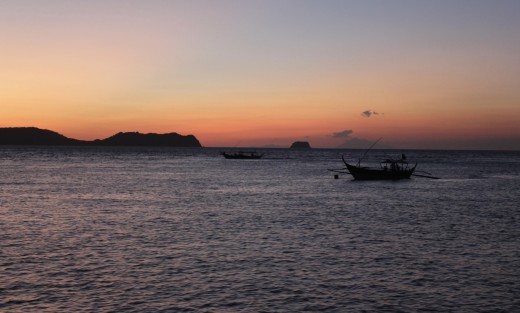
Parting Words:
Let me leave you with a piece of advice inspired by 'Life of Pi': "A little bit of water in your mouth won't kill you... panic might." So, from a "been there, done that" first-time scuba diver, I say go for it. Happy Scuba Diving!
Disclaimer
This article is not intended to be an expert's advice on Scuba diving but rather a first time scuba diver's experience. Do ensure you go Scuba Diving with certified Scuba Divers only.
This content is accurate and true to the best of the author’s knowledge and is not meant to substitute for formal and individualized advice from a qualified professional.

